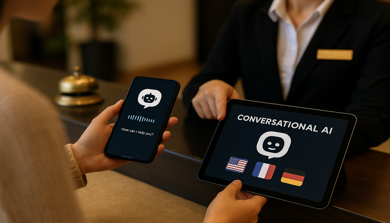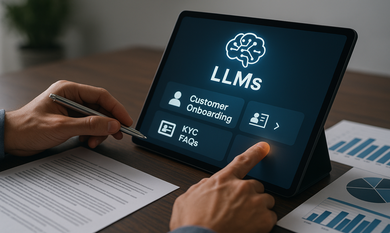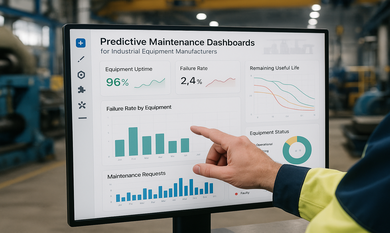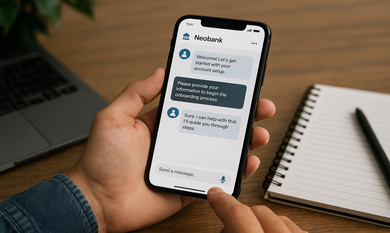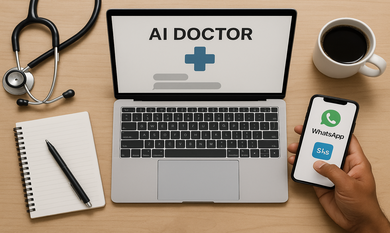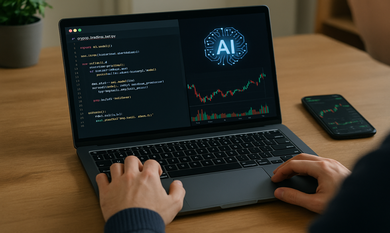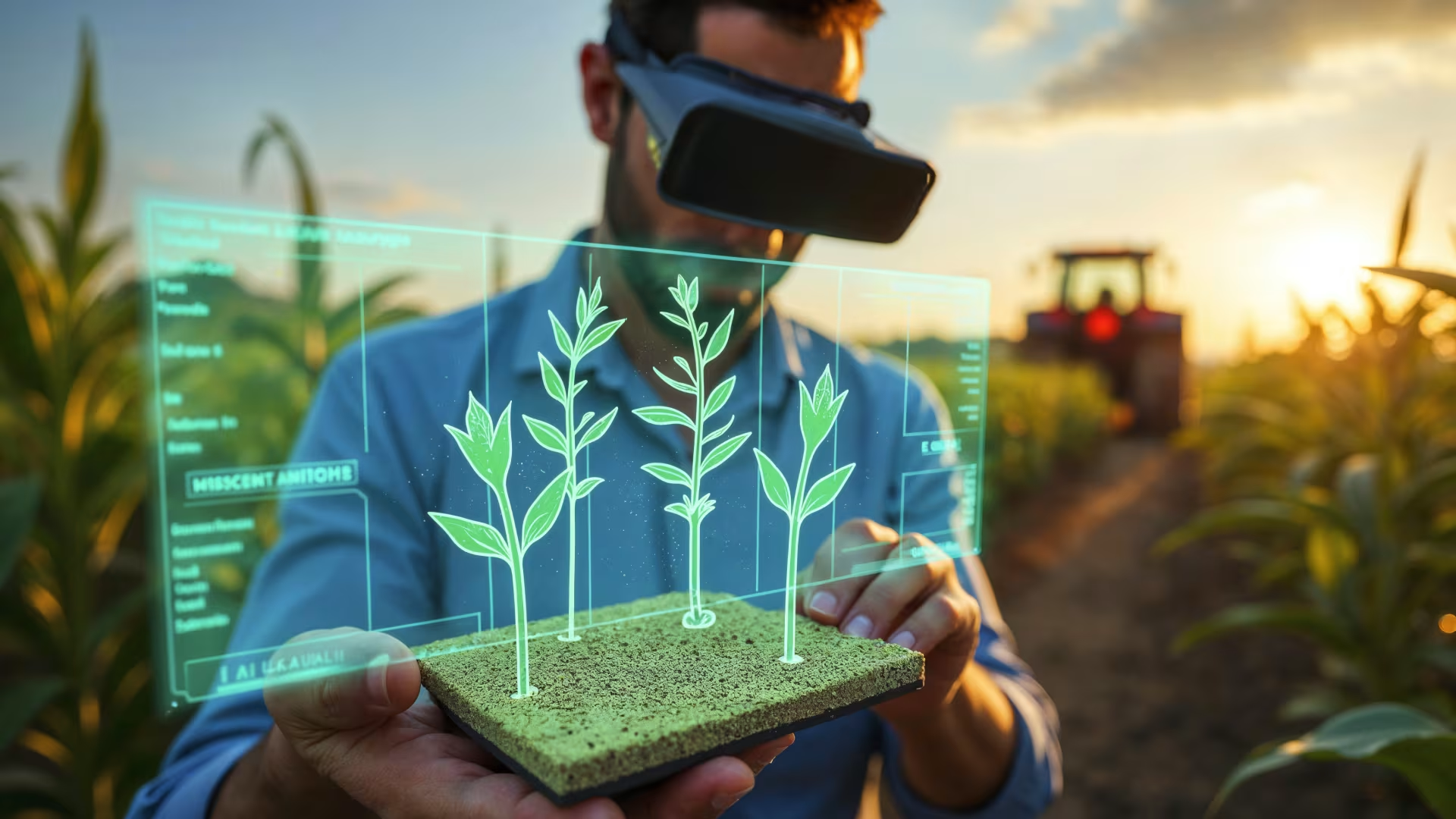Creating an Android app in 2024 for startups involves various considerations and steps that contribute to the overall cost. While the exact price is not specified here, understanding the components that influence the cost can help startups budget effectively and make informed decisions. This guide provides a comprehensive look at the factors impacting the cost of developing an Android app.
1. Project Scope and Complexity
The complexity and scope of the project are primary determinants of the development cost. Simple apps with basic functionalities such as a to-do list or a calculator are less expensive compared to complex apps that require advanced features like real-time chat, payment gateways, or integration with third-party services.
a. Basic Apps
- Minimal features
- Basic UI/UX design
- Limited integration with other services
b. Intermediate Apps
- More features and functionalities
- Custom UI/UX design
- Integration with APIs and third-party services
c. Advanced Apps
- Complex features such as real-time updates, extensive backend services, and data processing
- Sophisticated UI/UX with animations and transitions
- High levels of security and data protection
2. Design and User Experience (UX)
The design and user experience are critical aspects of an app that significantly impact development costs. A well-designed app with an intuitive user interface can enhance user engagement and satisfaction.
a. UI/UX Design
- Wireframing: Creating basic sketches of the app screens
- Prototyping: Developing interactive models of the app
- Visual Design: Crafting the final visual elements
b. User Testing
- Conducting usability tests to gather feedback
- Iterating on design based on user feedback
3. Development Team
The composition and expertise of the development team play a vital role in determining the cost. A typical team for Android app development may include:
a. Project Manager
- Oversees the project
- Ensures timely delivery and communication between team members
b. Developers
- Front-end developers: Focus on the app’s interface and user interaction
- Back-end developers: Handle server-side logic, database management, and integrations
c. Designers
- UI/UX designers: Responsible for the look and feel of the app
- Graphic designers: Create visual assets and illustrations
d. Quality Assurance (QA) Testers
- Ensure the app is bug-free and functions as intended
4. Development Process
The development process includes several stages, each contributing to the overall cost:
a. Planning
- Defining the project scope
- Setting milestones and deadlines
b. Design
- Creating wireframes and prototypes
- Developing visual elements
c. Development
- Writing code for both front-end and back-end
- Implementing functionalities and features
d. Testing
- Performing unit tests, integration tests, and system tests
- Conducting beta testing with a limited audience
e. Deployment
- Publishing the app on Google Play Store
- Ensuring compliance with store guidelines
f. Maintenance and Updates
- Ongoing support and troubleshooting
- Regular updates and improvements
5. Technology Stack
The choice of technology stack can influence the cost. Popular technologies and frameworks used in Android app development include:
a. Programming Languages
- Java: Traditional language for Android development
- Kotlin: Modern and preferred language for Android development
b. Frameworks and Libraries
- Android SDK: Standard development kit for Android
- Retrofit: For API calls
- Room: For database management
c. Development Tools
- Android Studio: Integrated Development Environment (IDE) for Android
- Firebase: Backend services such as authentication, database, and analytics
6. Third-Party Integrations
Integrating third-party services can enhance app functionality but also add to the cost. Common integrations include:
a. Payment Gateways
- PayPal, Stripe
- For processing payments
b. Social Media Integration
- Facebook, Twitter, Google
- For social login and sharing
c. Analytics
- Google Analytics, Mixpanel
- For tracking user behavior and app performance
d. Maps and Location Services
- Google Maps API
- For location-based services
7. Security and Compliance
Ensuring the security of user data and compliance with regulations is essential. This involves:
a. Data Encryption
- Protecting sensitive data during storage and transmission
b. Authentication and Authorization
- Implementing secure login mechanisms such as OAuth
c. Compliance
- Adhering to GDPR, CCPA, and other data protection laws
8. Marketing and Launch
Launching the app and marketing it to the target audience also contributes to the overall cost:
a. App Store Optimization (ASO)
- Improving the app’s visibility on the Google Play Store
b. Marketing Campaigns
- Social media advertising
- Influencer partnerships
- Content marketing
c. Public Relations (PR)
- Press releases
- Media coverage
9. Maintenance and Support
Post-launch maintenance and support are crucial for the app’s success. This includes:
a. Bug Fixes
- Addressing any issues reported by users
b. Feature Updates
- Adding new features and improvements based on user feedback
c. Technical Support
- Providing assistance to users facing difficulties with the app
10. Geographical Considerations
The geographical location of the development team can impact the cost. For instance, hiring developers from regions with lower living costs may reduce expenses. However, it is essential to balance cost with the quality and expertise of the team. Startups seeking Android mobile app development services in Dallas, for example, might find a different price range compared to other regions due to local market conditions and developer availability.
Conclusion
Creating an Android app for startups in 2024 involves multiple factors that influence the cost. By understanding these components—project scope and complexity, design and UX, development team, development process, technology stack, third-party integrations, security and compliance, marketing and launch, maintenance and support, and geographical considerations—startups can better plan their budget and ensure a successful app launch. Each aspect requires careful consideration and investment to build a high-quality, user-friendly app that meets the target audience's needs and drives business growth. For startups, especially those seeking Android mobile app development services, it's crucial to partner with experienced developers who can navigate these factors effectively and deliver a robust app that aligns with business objectives. Additionally, companies looking for mobile app development services in Dallas can benefit from a local team's expertise, which can streamline communication and project management.

















.png)




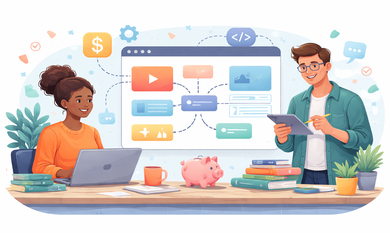





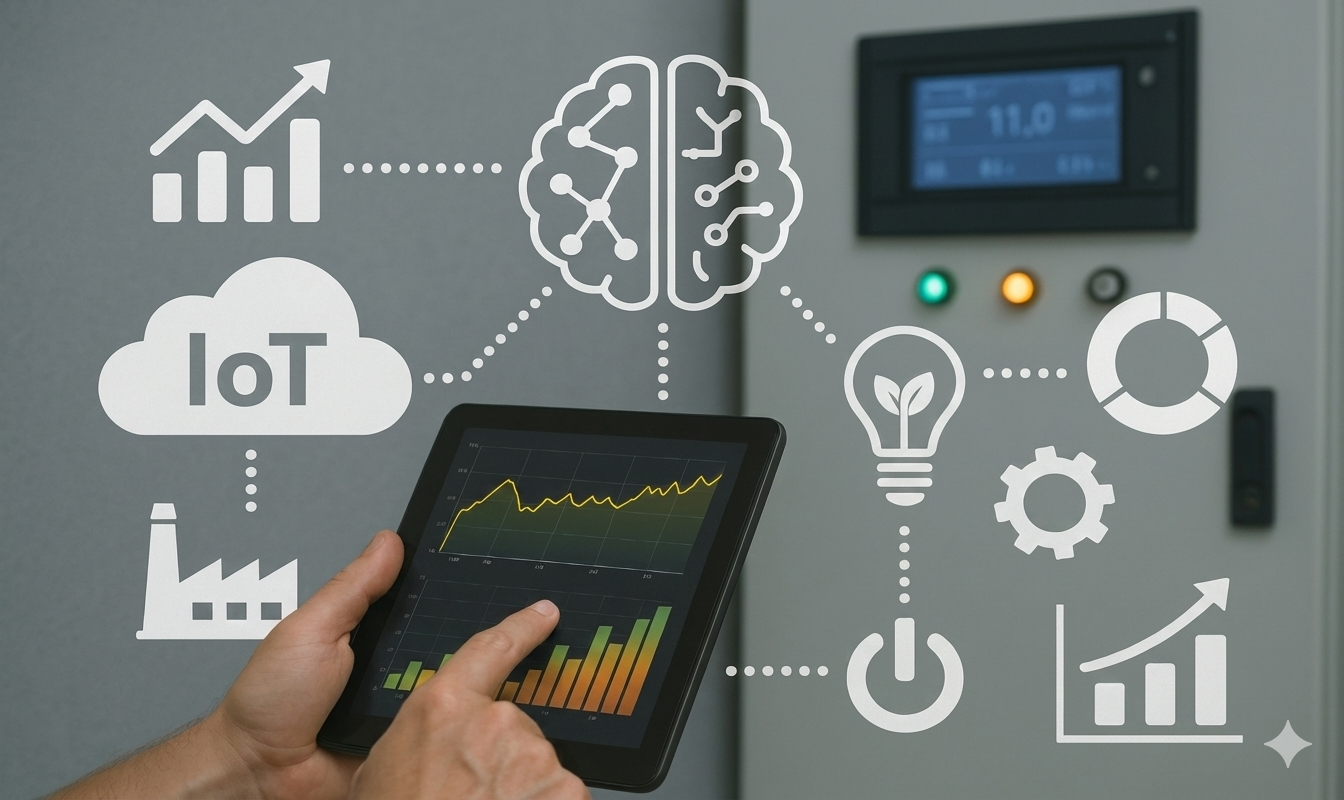


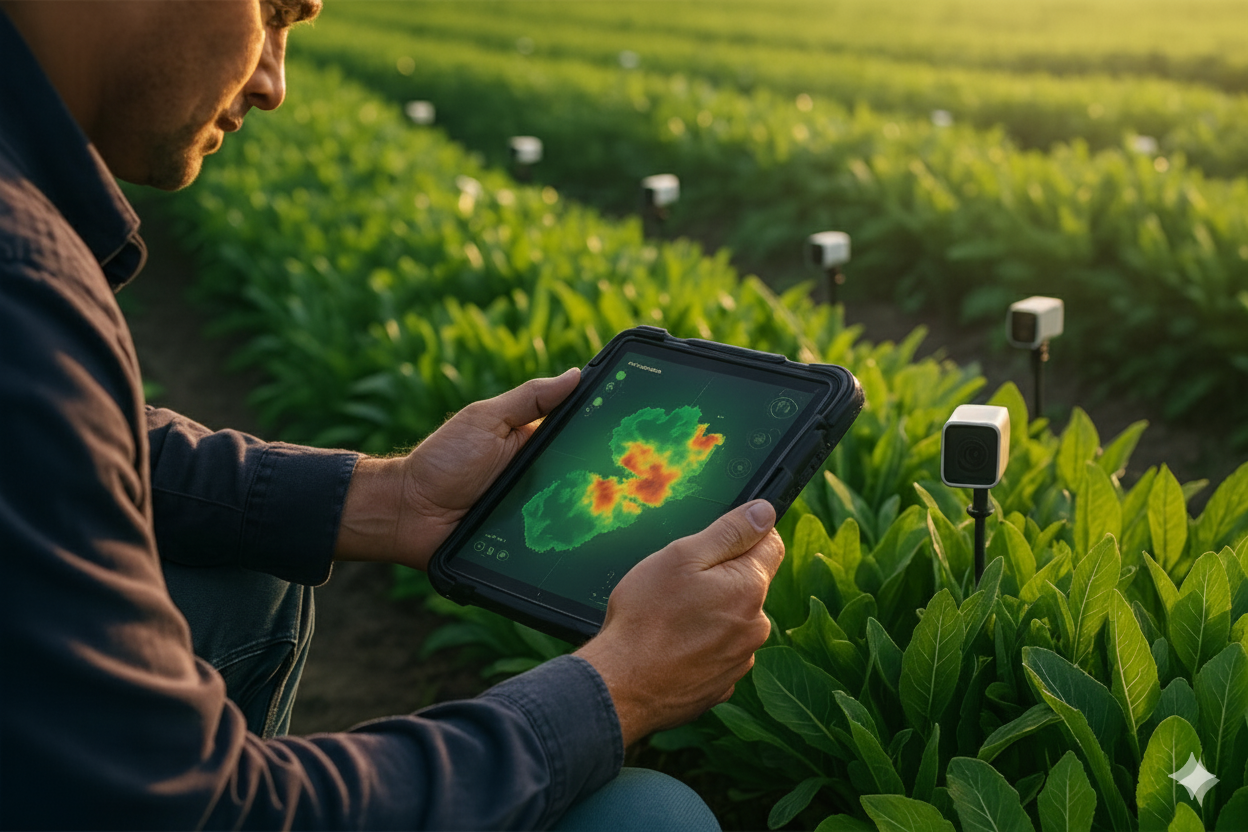


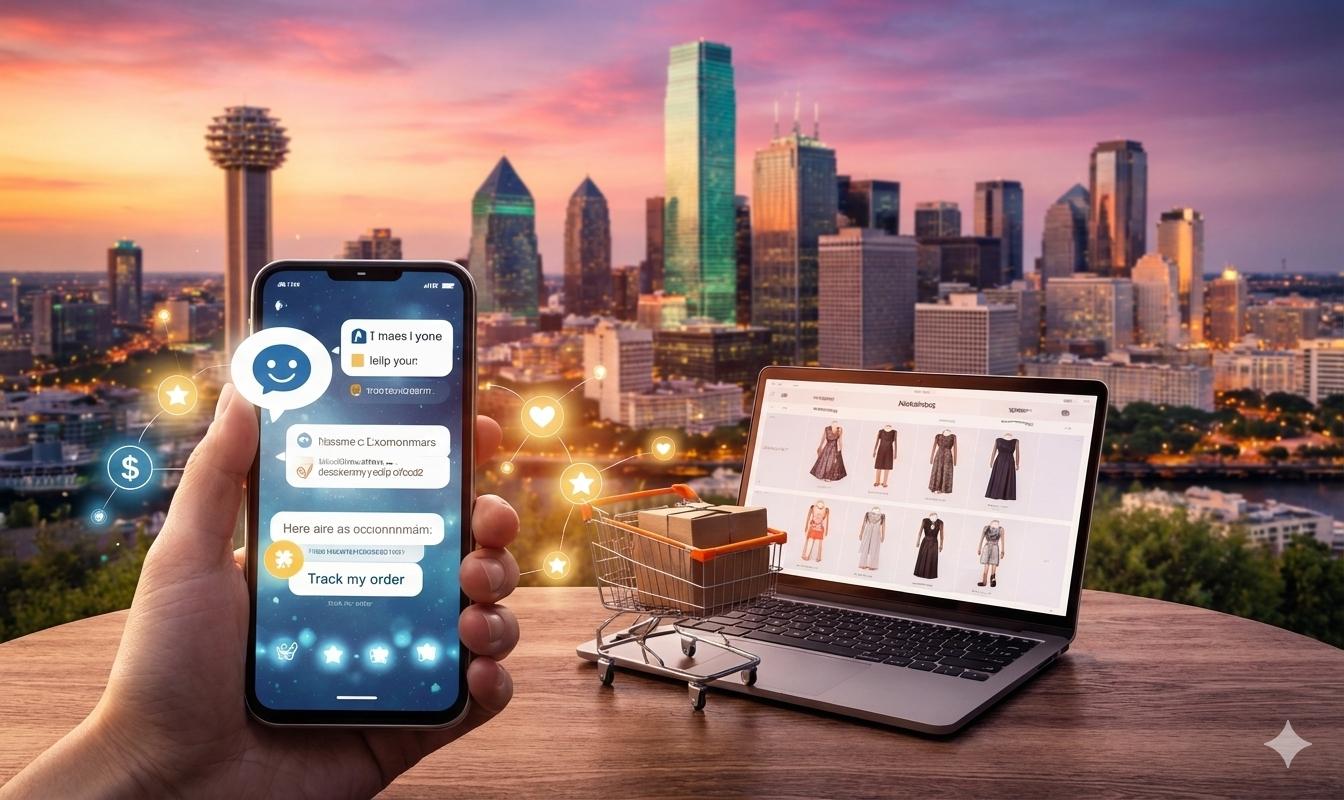
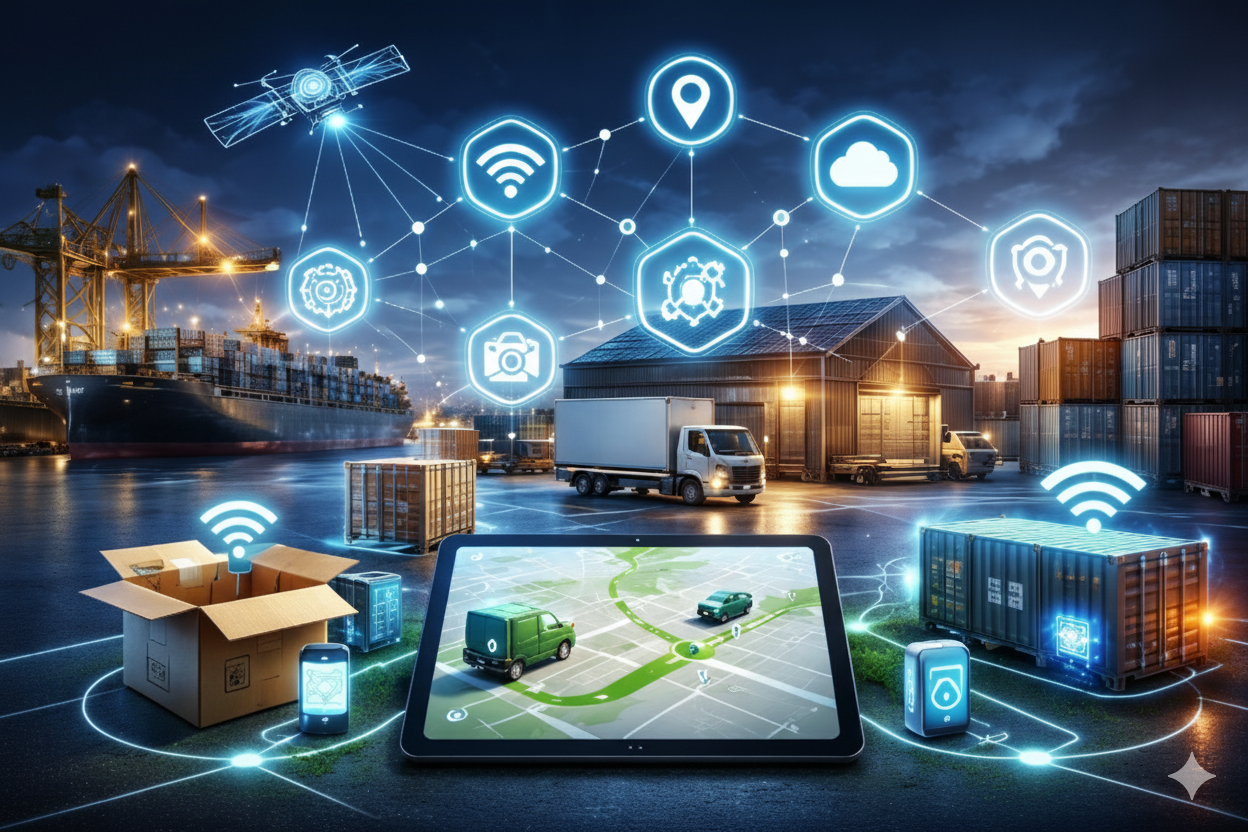


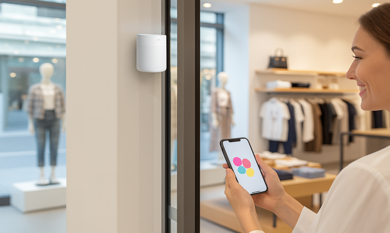


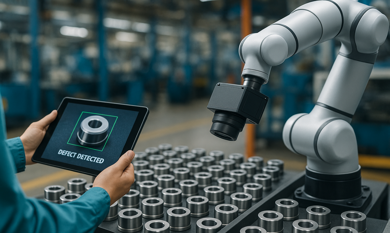
.png)

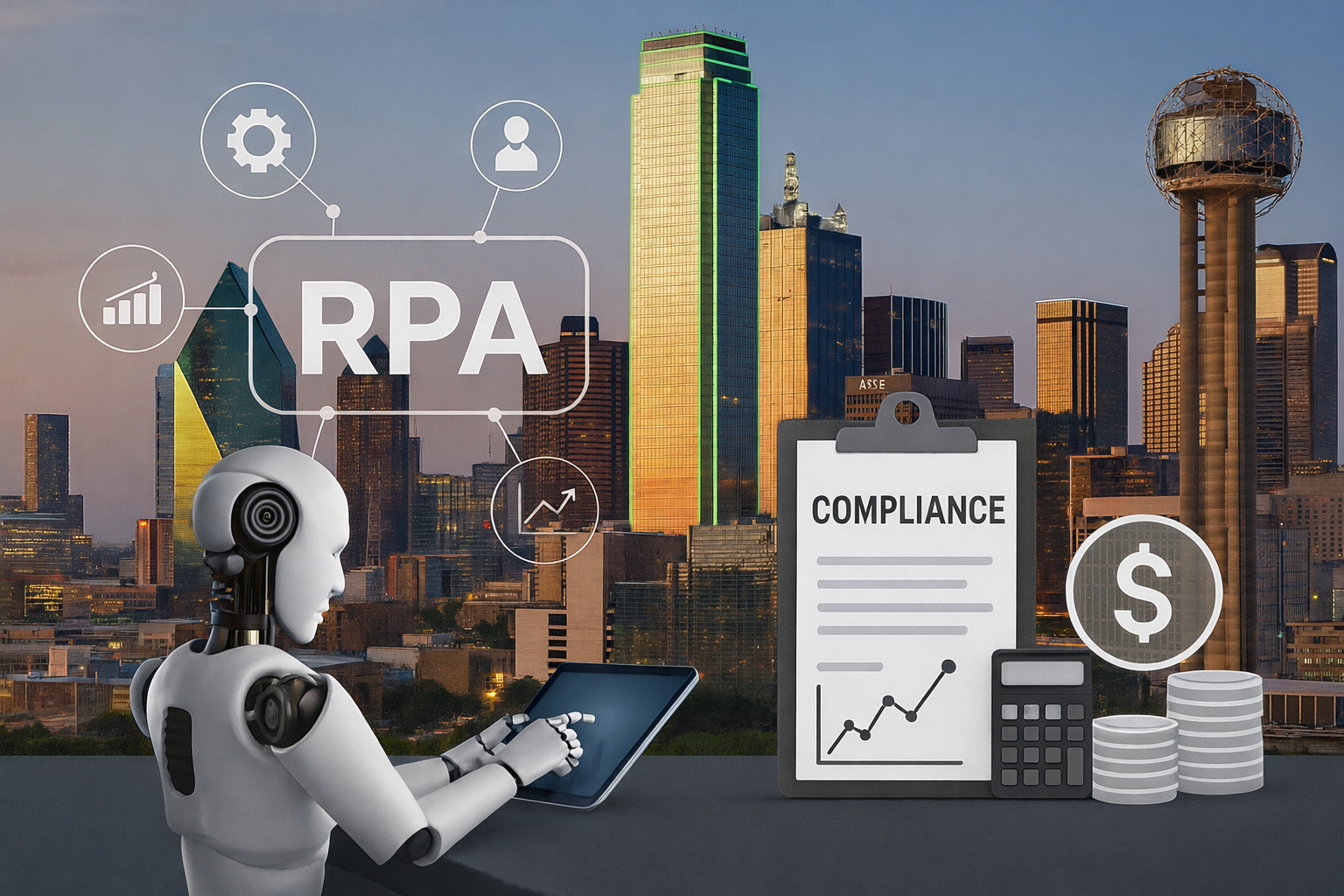

.png)



.png)
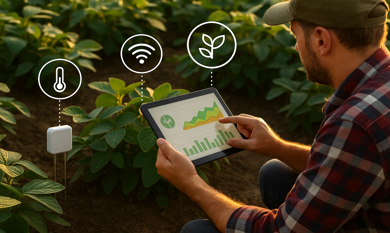







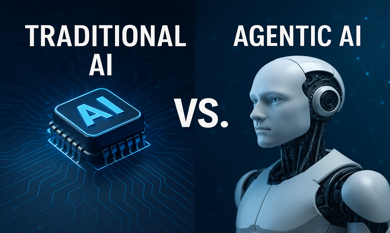
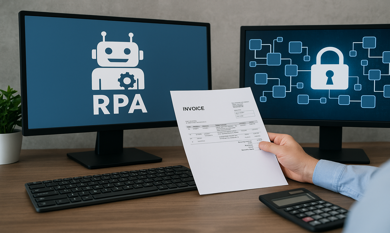

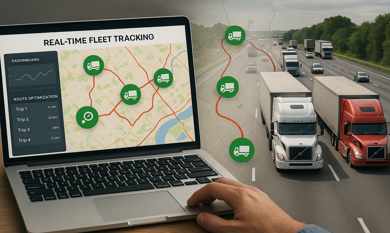




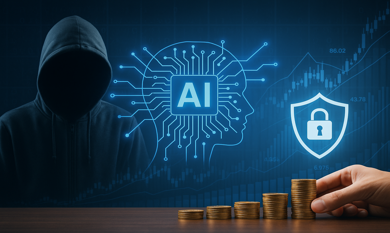
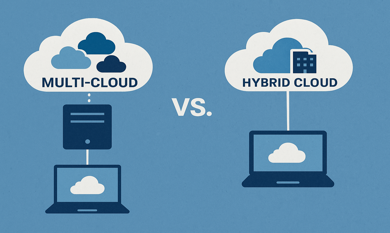
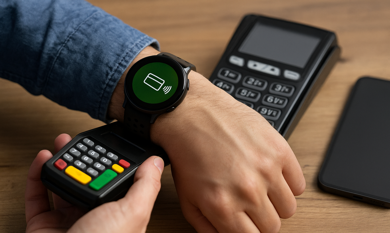
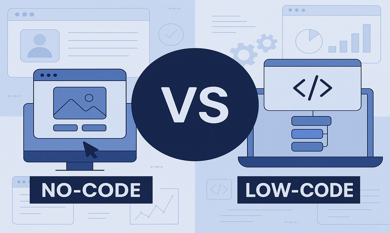


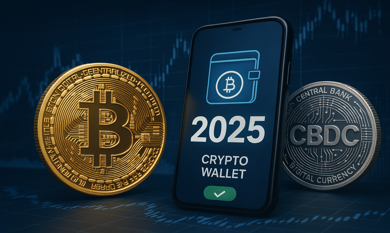
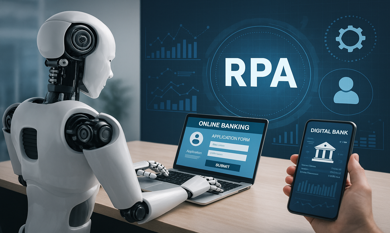




.png)
.png)
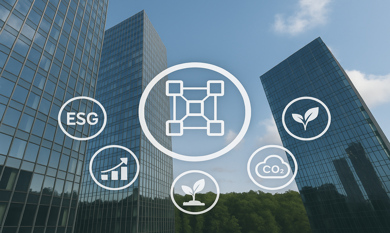

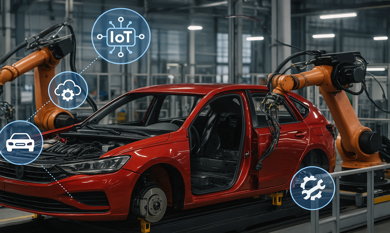



.png)
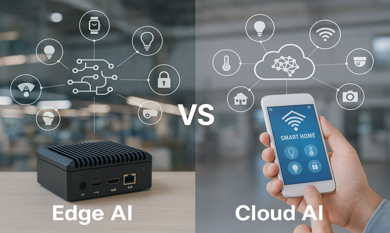
.png)
.png)
.png)


.png)
.png)
.png)
.png)

.png)


